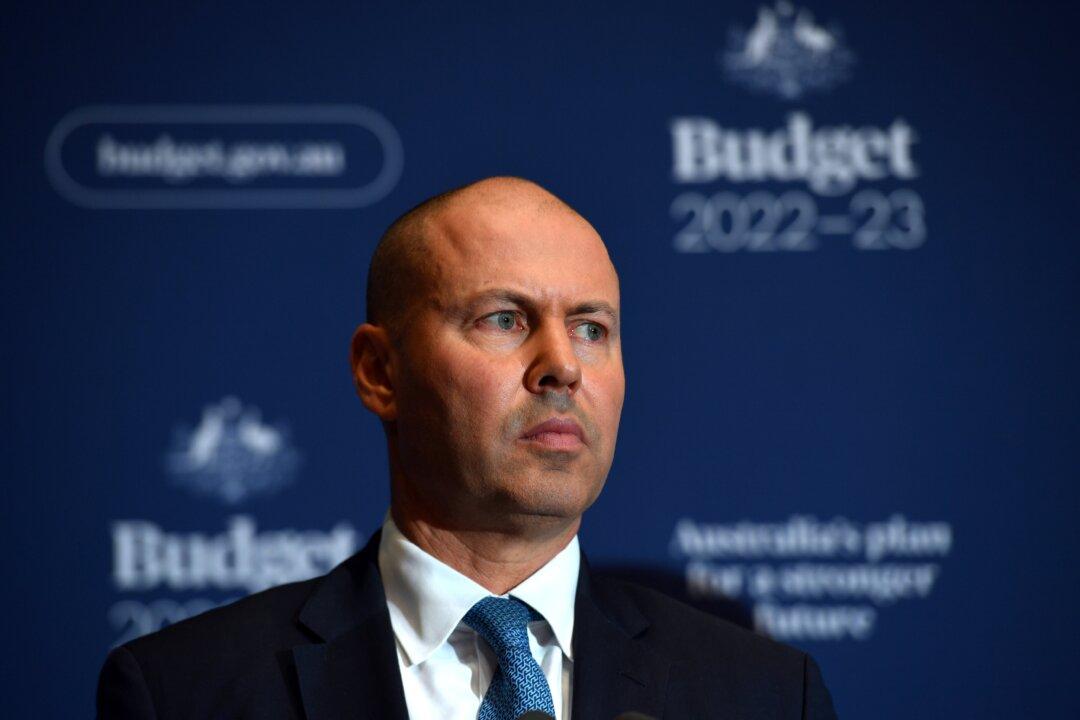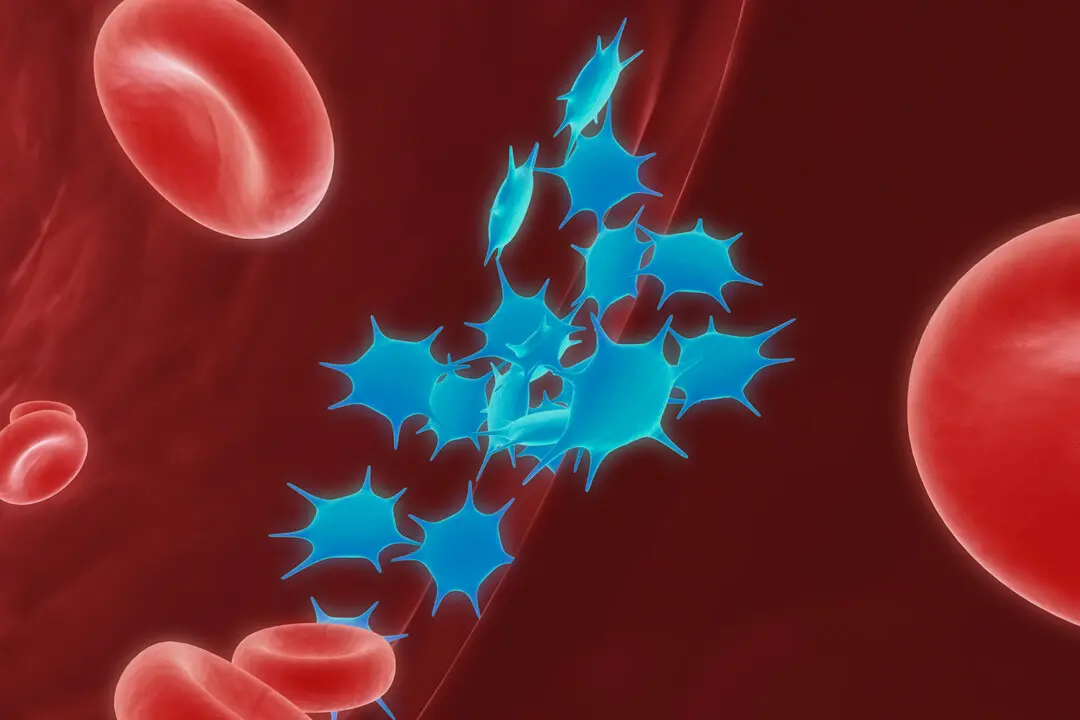The Breast Cancer Network Australia (BCNA) is celebrating the listing of Trodelvy, a treatment for a rare form of breast cancer on the Pharmaceutical Budget Listing (PBS) as part of the 2022/23 Federal Budget.
“For the first time, this drug gives hope to many young women, extending their life expectancy and providing an opportunity to spend precious time with their loved ones,” Federal Treasurer Josh Frydenberg said on Mar. 29.





